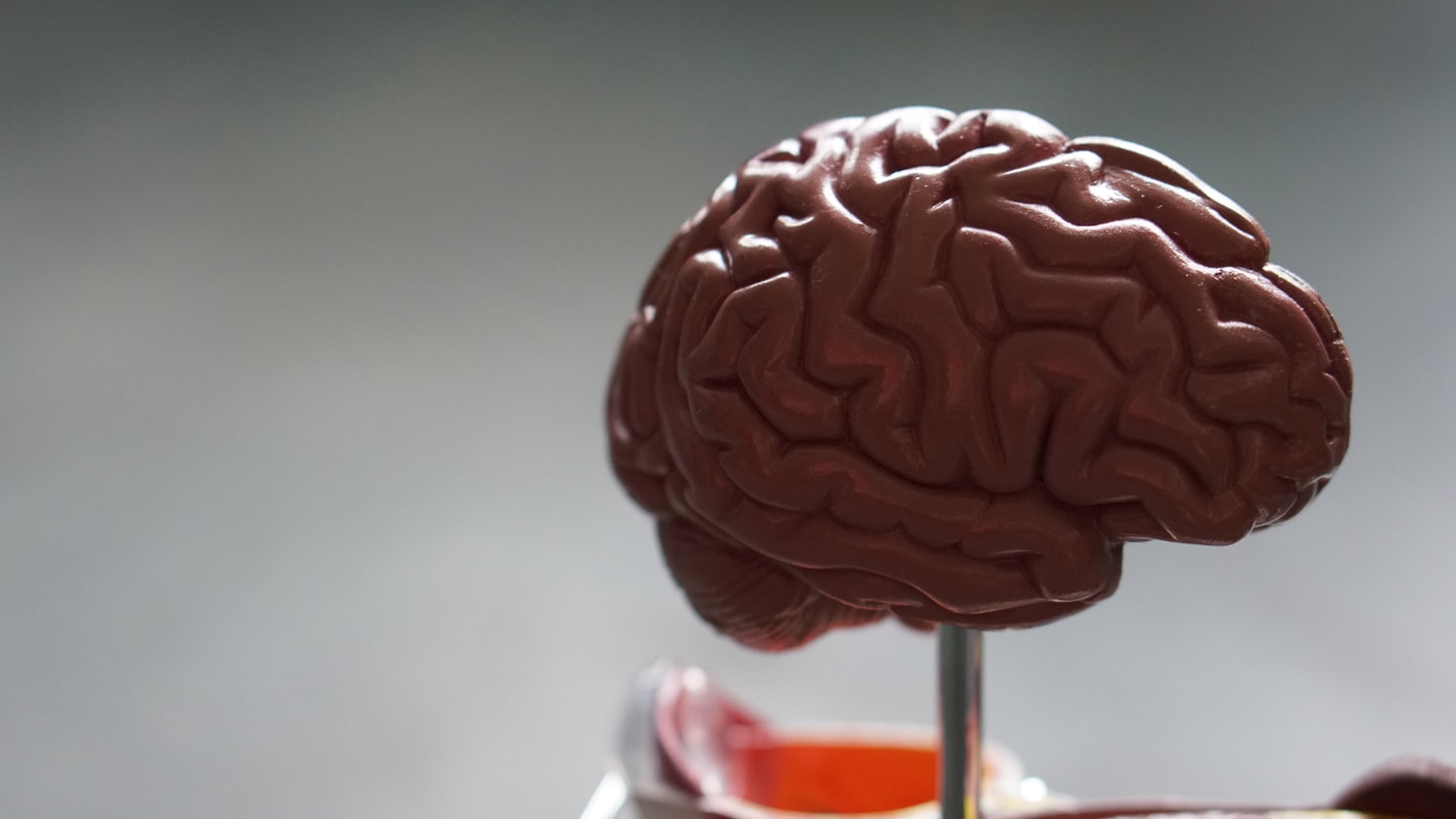One of the most commonly asked questions about liquor, beer, and wine is whether you’re consuming a drug or if alcohol is in its own category entirely. The short answer is that, yes, alcohol is a drug. Alcohol is a psychoactive substance, just like most other drugs. In fact, it’s the most available drug in our homes and neighborhoods other than cigarettes, prescriptions, and caffeine.
A lot of people ignore that their alcohol intake is the same thing as taking a drug that they might actively frown on. Our attitudes towards drugs can be significantly hypocritical when using ones that we simply don’t think about (caffeine, ethanol, nicotine, etc.) or they’re simply misplaced priorities about what the real social evil is in our society: addiction to truly destructive substances like heroin and meth that often originate out of a low quality of life or some alternative root cause.
According to the Food and Drug Administration, alcohol is classified as a central nervous system depressant, making its effects, not unlike other CNS depressants such as opioids and barbiturates. It comes in a variety of forms such as beer, wine, fortified wine, spirits, liquor, and whiskey. It is one of the oldest psychoactive substances known to man and has been used to induce feelings of intoxication since before written history. The breakdown of the different forms are as follows:
- Beer (3 to 7 percent ethanol)
- Malt Liquor (7 to 8 percent)
- Wine (8 to 14 percent ethanol)
- Fortified Wine (17 to 22 percent)
- Spirits (40 and upwards percent)
- Liquor (40 and upwards percent)
- Whiskey (40 and upwards percent)
Alcohol Drug Effects
Inebriation from alcohol creates feelings of dizziness and euphoria. When people drink, they tend to feel pleasure and relaxation for as long as alcohol is consumed. As a depressant, it also creates feelings of drowsiness and sedation. People drinking alcohol will also experience feelings of dizziness, nausea, and vomiting along with significant neuro-cognitive impairment. The long-term effects of alcohol can be severe. For instance, prolonged alcohol abuse often results in liver damage, which if severe enough can become chronic. Continued alcohol abuse can also cause brain damage and increase your risk of contracting cancer.
Overdosing on Alcohol
When alcohol is consumed in low quantities or roughly one drink per hour, the effects can be minimal, and the danger of overdose is low. However, alcohol reduces inhibition and can cause some people to consume more than a safe amount. Over consumption of alcohol is dangerous because it can lead to unconsciousness, or blacking out. When a person blacks out, their frontal lobe goes dark, and they will experience temporary amnesia while they continue to act. This is due to alcohol’s effects on neurotransmitters having to do with memory formation and decision making.
When a person consumes too much alcohol, they may overdose. This can be deadly, as drunk people may pass out, vomit, and choke due to blocked airways. Alcohol is toxic, so if too much is absorbed into the bloodstream, a person may experience long-term brain and liver damage. It is dangerous to assume that someone who has passed out from alcohol will be fine as long as they sleep it off. Ethanol will continue to absorb into the body and shut down neurotransmitters, suppressing vital life functions such as breathing and the gag reflex. Moreover, too much alcohol may also inhibit a person’s decision-making skills and lead to them engaging in unsafe behavior.
History of Alcohol
Alcohol has been around since time immemorial. Breweries have been traced back to as far as 6,000 years ago in ancient Egypt and Babylonia. During the Middle Ages, Arabian chemists were able to distill alcohol and create significantly more potent alcoholic beverages. These methods spread throughout Europe and gradually to the rest of the world. Since its introduction to humankind, alcohol has been used as a way to celebrate success, mourn the loss friends and family, commemorate holidays, and even to help the sick or wounded recover.
Is Alcohol a Drug or Poison?
All forms of alcohol are poisonous. Ethanol, the one consumed by humans recreationally, is the only form that is least poisonous enough to be occasionally consumed. Other types, such as isopropyl alcohol, are stronger and are used as disinfectants. Methanol is another deadly form that is still occasionally consumed and is what you would find in bootleg or moonshine liquor.
How Does Alcohol Work in the Human Body?
Ethanol is a relatively small molecule that quickly enters the body and bloodstream. When consumed, it enters the stomach and begins to absorb into the bloodstream. Interestingly enough, only about 20 percent of alcohol consumed will go into the blood while the rest is absorbed through the small intestine and expelled. The phrase, “that drink went right to my head” is somewhat accurate. Alcohol will spread throughout the body to achieve equal distribution, but because a substantial amount of blood is being pumped to the brain, this is where the effects are first felt. The rest of the body gradually catches up.
The absorption of alcohol is based on a number of physical, genetic, and environmental factors. Physically, because more alcohol is needed to be consumed to achieve the same level of inebriation in a larger person compared to a smaller person. Genetically, because everyone’s metabolism, blood pressure, and neurotransmitters are unique to their body. And environmental, which has entirely to do with how much food and water you consume. Drinking on an empty stomach causes the alcohol to absorb into the body much quicker. Food dilutes the alcohol and causes is to enter the bloodstream more slowly. The higher the concentration of alcohol, the faster and more concentrated it will be once it enters the bloodstream. Therefore, someone who consumes shots will have a higher BAC than a person who drinks the same amount of beer or wine.
Ethanol is ultimately metabolized by the liver, where an enzyme called alcohol dehydrogenase breaks it down into a compound called acetate. This is absorbed into the enzymes and produces the toxic chemical acetaldehyde that creates feelings of nausea and illness. Depending on your genetics, your body expels this chemical at different rates. The prescription medication Antabuse was designed to make the body retain this toxic compound, ensuring that people who drink alcohol while on it will feel intense nausea and gradually come to dislike alcohol. This method was based on the Pavlovian method and has reached no medical consensus as to its efficacy.
Fetal Alcohol Syndrome
A woman who is pregnant and drinks alcohol will be delivering it straight into the developing fetus. A significant amount of blood flow goes to the uterus and developing fetus and research has revealed that the child will receive a higher amount of alcohol concentration than the mother. The infant is at risk for developing fetal alcohol syndrome, which can entail brain damage, growth problems, and facial disfigurement.
Is Alcohol a Stimulant?
Drinkers commonly report feelings of excitement or stimulation when consuming alcohol. As a central nervous system depressant, this poses a paradox to scientists. However, there are some theories as to why alcohol is a depressant that can also be a stimulant. Alcohol acts on both the GABA and glutamate receptors which are responsible for the excitatory and inhibitory activity. When one cell releases GABA onto the next cell, that cell becomes less active. When glutamate is discharged onto the next cell, this creates action. Alcohol increases GABA activity, but it also increases dopamine transmission, which could cause glutamate also to fire off. The increase in dopamine could account for some of the stimulating effects of alcohol, but this only occurs while alcohol concentration is increasing. For this reason, a person is more likely to be stimulated as they begin to consume alcohol but later grow drowsy and tired.
Alcohol acts on the body as a central nervous system (CNS) depressant and slows down cognitive function while acting as a stimulant at smaller “doses”. The chemical that causes the intoxicating effects is ethanol which is produced during the fermentation process of making your drink of choice. Other drugs like benzodiazepines and GHB are also examples of downers that work in a similar manner to ethanol.
Ethanol can’t mix with certain types of medicines, like antidepressants. Some alcohol drinkers will combine their alcohol use with recreational drugs, which have the possibility of boosting the effects of the other by surprise. Anything above 0.12% BAC could have catastrophic effects on the human body via actions and consequences or incredibly high BAC that brings about coma or death.
Hangovers
One of the most common symptoms of a night spent binge drinking is a hangover. Hangovers are characterized by a pounding headache, nausea, body pain, and general feelings of unpleasantness. For many drinkers, the dreaded hangover is something to be avoided at all costs. The best way to prevent a hangover would be not to consume alcohol, but to minimize the effects of a hangover, there are a few ways to prepare. One is to drink plenty of water as you are consuming alcohol. It is believed that the headaches occur as a result of the brain being dehydrated.
As alcohol is expelled from the body, the neurotransmitters that were once blocked will begin to work again, and any pain relief and sedation will gradually be lost. Likewise, dopamine transmitters that were once firing off will deactivate, leaving the person depleted of dopamine and feeling anxiety or unease. There may also be nausea and stomach pain as a result of the leftover toxic chemicals. To ease the pain, some may take Aspirin or Tylenol before going to bed. This can help ward off the onset of pain but should be carefully considered. Combining Tylenol with alcohol can produce a toxic byproduct that will harm the liver. Ibuprofen or Aspirin should be substituted. However, food should also be consumed at the same time to reduce the chances of irritation to the stomach lining.
Alcohol and the Brain
Brain scanning techniques have offered scientists a window into how alcohol impacts different areas of the brain. For example, long-term abuse of alcohol can cause shrinkage of brain tissue that continues as long as the person is using. Those who stop drinking can reverse this effect. Some areas of the brain are also more susceptible than others. The cortex is the part of the brain that endows us with consciousness and controls our mental functions. The frontal lobe region of the cortex can be temporarily and even permanently damaged by consuming alcohol. The frontal lobe is important because it acts as the executive manager of the brain, monitoring and coordinating its functions. When alcohol is absorbed in the short term, the neurotransmitters of this area are noticeably hampered. Likewise, the mammillary bodies, which are important for memory, may experience temporary shut down. Some studies have shown that there is large nerve cell loss in the region of the brain called the hippocampus
Alcoholics with a long-term history of drinking will display signs of brain shrinkage and possible chronic damage. Short-term and social drinkers will experience shrinkage, but not in as severe quantities. The shrinkage only lasts for the duration of the alcohol consumed and reverts to normal afterward. Studies on animals have shown that binge drinking for as little as two days in a row can cause some cells to die off. These results were even more pronounced in young animals. The most significant impacts occur to these portions of the brain:
Memory Formation
As alcohol affects the frontal lobe, hippocampus, and mammillary bodies, memory is often affected by drinking. Information recall from before drinking is not affected, that is to say, information learning in the past, but an individual with a chronic drinking habit may experience difficulty remembering portions of their day if they have been consuming alcohol. On mental ability tests, chronic drinkers often perform fine in most categories save that of short-term memory recall. This selective memory is a result of continued damage to these portions of the brain.
Abstract Thinking
Abstract thinking involves being able to think in ways that are not directly tied to concrete things. For example, when we interpret a piece of art or story, or work on a word puzzle, or solve an algebra problem. Chronic drinkers will find that these abilities are compromised. In studies on abstract thinking, chronic drinkers will be given a set of objects and asked group them according to characteristics. Non-alcoholics will tend to group these objects according to abstract characteristics such as what they are used for, while alcoholics will tend to group them according to shape, size, and color, in other words purely physical characteristics.
Problem Solving
Chronic drinkers tend to have problems approaching problems from different points of view. Problem-solving requires a degree of mental flexibility to be able to switch up strategies on the go and think big picture. People with a history of chronic drinking will often approach a problem using a particular mode of problem-solving rather than shifting to a new approach. As a result, they take longer to solve problems.
Attention and Concentration
Chronic drinkers also display difficulties in paying attention or maintain concentration for prolonged periods of time. In a casual conversation they may appear to be perfectly functional, but when given a more challenging situation such as understanding a car manual, they could be impaired.
Perception of Emotion (Empathy)
Chronic drinkers also have difficulty reading social behavior. Alcohol acts on the specific brain functions that allow us to detect attitude and emotion in people’s voices. For alcoholics, relationships and socializing are often difficult, so it could be that alcoholics are hurting themselves when they choose to self-medicate to be more friendly and sociable. Chronic, heavy drinking can significantly reduce one’s ability to read social cues and function correctly in social events
What is Excessive Drinking?
The CDC defines excessive drinking as either binge or heavy drinking: binge drinking being 4 or more drinks per sitting for women and 5 or more for men, heavy drinking being 8 or more drinks per week for women and 15 or more drinks per week for men. Binge drinking causes at least half the deaths from drinking in the US per year.
Excessive drinking causes 1 out of every 10 deaths among 18+ individuals every year. The long-term effects of excessive alcohol use can present themselves as cardiovascular issues, cancer, or liver disease.
Next Steps
If you believe that you or a loved one may suffer from a substance abuse disorder such as alcoholism, there is hope. There are treatments centers in the west-coast, as well as all over the nation. At Landmark Recovery, we believe in creating a supportive network of love and access to resources that can help you break free from the chains of addiction. Visit our website to learn more about our drug and alcohol rehabilitation program.

Choose Recovery Over Addiction
We're here 24/7 to help you get the care you need to live life on your terms, without drugs or alcohol. Talk to our recovery specialists today and learn about our integrated treatment programs.








